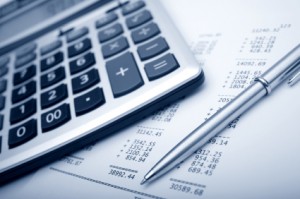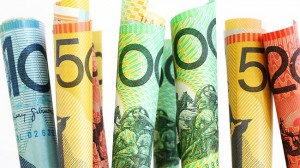The Future Maintainable Earnings (FME) methodology is the most common method of valuing profitable...
Surplus Assets in Business Valuations
As part of the process of valuing a company, we revalue the balance sheet of a company from book value to market value and then separate the assets and liabilities of the company into three categories:
- Business Assets and Liabilities
- Surplus Assets & Liabilities
- Financing Liabilities
In this article today, I am going to discuss surplus assets and their effect on a business valuation. In valuing private companies, the value of the business is different to the value of the company.
What are Surplus Assets?
Surplus assets are those assets that are not essential for the operation of the business by a company. These may include property, investments in public companies, excess cash and loans to other private companies.
When valuing a business within a company, we look at those assets which are essential for the operation of the business. A company over time will invest the undistributed profits in other areas such as property, shares, other businesses or luxury cars.
In the revaluation of the balance sheet to market value, there is the implicit use of capitialisation multiples that are different to the capitalization multiples used in the business valuation. For example: commercial property valued on the basis of a 8-10% capitalization multiple, cash on deposit valued at 4.5%. A small business is often valued at between 20% -50%.
It is therefore necessary to exclude those assets from the business valuation so that conflicting rates of return are not used in the determination of goodwill.
Where surplus assets are excluded from the valuation of a business, it is important to make the corresponding adjustments to the future maintainable earnings. For example: the costs of the ownership of the property would be excluded and a commercial rent applied. Dividend or interest income would be added back where shares or surplus cash is considered as surplus assets.




